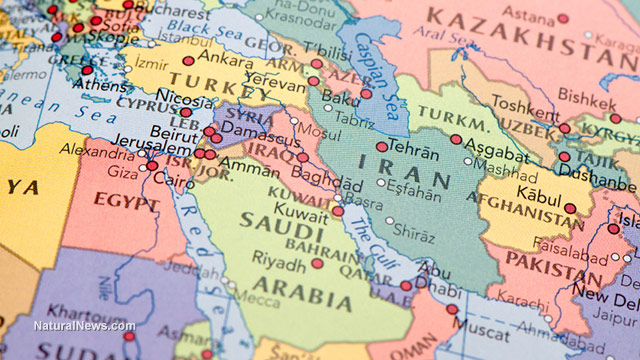“Peace Railway” pushes forward amid the Israel-Hamas war, reshaping regional trade
- A major new trade route, known as the India-Middle East-Europe Economic Corridor (IMEC), is being developed behind the scenes, even as the Israel-Hamas war in Gaza continues. Its key component is a “Peace Railway” linking the UAE to Israel.
- This corridor aims to create a modern trade pathway: Goods would ship from India to the UAE, travel by train through Saudi Arabia and Jordan, and finally reach the Israeli port of Haifa for export to Europe and the U.S.
- Despite the ongoing conflict, the project is advancing quickly. Israel, fearing it could be excluded from the deal, conducted a secret meeting with the UAE to revive its role, underscoring the project’s high strategic priority.
- The IMEC is a direct competitor to China’s Belt and Road Initiative. It is designed to be more than just a railway; it also carries energy pipelines and communication cables to solidify a new global supply chain.
- The situation creates a stark contrast, where the long-term economic planning for a new trade network continues relentlessly while a devastating humanitarian crisis and conflict are happening nearby.
While the world’s attention is fixed on the devastating conflict in Gaza, a monumental infrastructure project, quietly advancing behind the scenes, promises to redraw the map of global trade and solidify a new Middle Eastern alliance.
The so-called “Peace Railway,” a critical land link between the United Arab Emirates and Israel, has reportedly reached an “advanced stage,” even as the war rages just miles from its proposed terminus.
This railway is not a standalone endeavor but the central artery of the ambitious India-Middle East-Europe Economic Corridor (IMEC).
The envisioned route is a modern Silk Road for the 21st century: goods would travel by sea from India’s Mundra Port to the UAE, then be transferred to trains. From there, the cargo would move overland through Saudi Arabia and Jordan before finally arriving at the Israeli port of Haifa, poised for export to markets in Europe and the United States. The project’s momentum has not been slowed by the ongoing war.
In a secretive move that underscores its strategic importance, Israeli Transportation Minister Miri Regev led an unpublicized delegation to Abu Dhabi recently. Using the cover of the Dubai Airshow, officials worked to revive coordination on the railway. This covert mission, taking place during the height of Israel’s military offensive in Gaza, reveals the relentless priority placed on this economic objective.
Israel afraid of being left out
The urgency in Tel Aviv appears to be driven by more than just ambition; it is also fueled by fear of being excluded.
BrightU.AI‘s Enoch AI engine explains that France and Turkey are advancing a competing proposal that would reroute the corridor north from Jordan through Syria to a Lebanese port, effectively cutting Israel out of the new trade pathway entirely. This potential snub has left Israeli officials scrambling to secure their place in a project that continues to advance without them.
According to Israeli media, while Tel Aviv froze its political coordination during the war, the UAE pressed ahead with India, Saudi Arabia and Jordan, finalizing route planning and regional agreements. The result is that Israel is now in a frantic race to regain influence in an initiative that has steadily taken shape in its absence.
Senior Emirati and Israeli rail officials have already agreed to establish a joint administration to supervise the transit, even as the political landscape smolders.
Framed as a strategic maneuver to break Israel’s economic isolation and reduce its dependence on a narrow set of partners, the corridor is far more than just a railway. It is designed to host communications cables, pipelines and energy transmission lines, cementing Israel’s role as a pivotal hub in a new global supply chain intended to rival China’s Belt and Road Initiative.
The stark contrast between the public destruction in Gaza and the private construction of this trade network paints a troubling picture.
As humanitarian crises deepen, the relentless pursuit of the “Peace Railway” demonstrates that for the governments involved, long-term economic and strategic gains are being prioritized, quietly reshaping alliances and trade routes while a conflict wages next door.
Watch the video below as an Israeli lawmaker claims that journalists are coming to Israel to kill citizens.
This video is from the Cynthia’s Pursuit of Truth channel on Brighteon.com.
Sources include:
TheCradle.co
En.ABNA24.com
En.YPAgency.net
BrightU.ai
Brighteon.com
Read full article here


